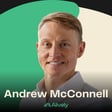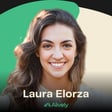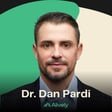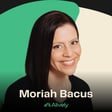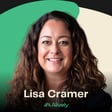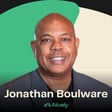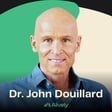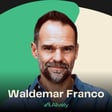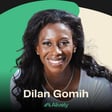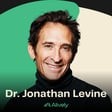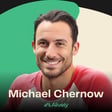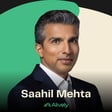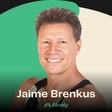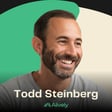
Overcoming Disability And Transforming My Health with Aimee Montgomery - E29
After a near-death experience that left her disabled and in constant pain, our guest this week decided to take ownership of her health. Through a series of dramatic lifestyle changes, she transformed herself and beat the odds – at one point, this included beating 54 million other people in a fitness contest. If you're battling physical setbacks and chronic pain yourself, then you know what an incredible feat this is. Join us for a discussion on how to overcome those initial struggles, how important your mindset is for recovery, and what you can do to supplement your health journey, offering a roadmap to not just heal, but thrive.
Aimee Montgomery is an entrepreneur and fitness advocate known for her remarkable transformation and resilience. From overcoming life-threatening injuries, including a traumatic brain injury and a shattered arm, to winning a global fitness contest, Aimee is determination and growth personified. Her journey highlights her dedication to problem-solving and personal development. Today, Aimee leverages her experiences to help others heal and thrive, making her a powerful role model in the health and wellness space.
“I'm gonna do something big because I'm gonna help somebody.” - Aimee Montgomery
In this episode you will learn:
- How Aimee's journey from a severe car accident to becoming a fitness role model showcases the power of mindset and determination in overcoming physical disabilities.
- The specific fitness routines and dietary changes Aimee adopted to transform her health, including the importance of balanced meals, high protein intake, and eliminating bread and sugar.
- The significant role of mental health and mindset in recovery, and Aimee’s approach to overcoming depression and negative labels through a positive outlook and growth-focused mentality.
- Strategies Aimee used for improving her cortisol cycle, sleep patterns, and overall energy levels by incorporating cold showers, mindfulness practices, and sleep routines.
- The supplements and nutritional strategies Aimee utilizes for maintaining gut health and addressing issues such as vitamin deficiencies, adrenal fatigue, and gluten intolerance.
- Tips on maintaining social connections and purpose, including how Aimee builds relationships through her podcast and social media, and how she integrates social support into her entrepreneurial journey.
Resources
- Connect with Aimee on Instagram: https://www.instagram.com/acalltothrivedm/
- Follow Aimee’s TikTok for helpful tools and tips: https://www.tiktok.com/@acalltothrivedm
- Find out more about Aimee’s offerings with A Call To Thrive: https://acalltothrive.com/12-days-of-marketing/
- Shop all the products Aimee mentions in the episode: https://alively.com/products/aimee-montgomery
This podcast was produced by the team at Zapods Podcast Agency:
https://www.zapods.com
Find the products, practices, and routines discussed on the Alively website:
https://alively.com/
